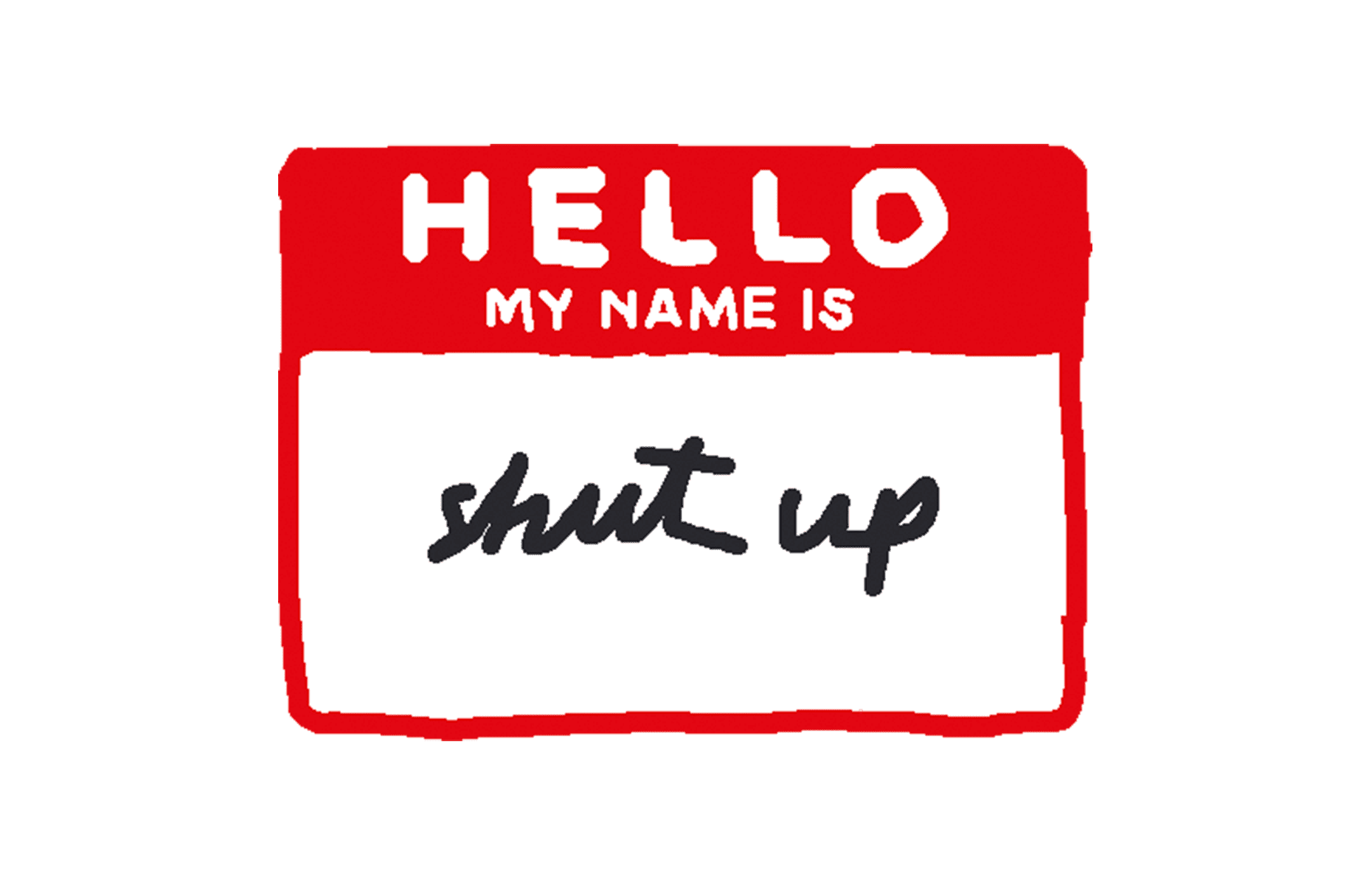It can’t be denied that identity labels can be positive things. They offer a sense of belonging on a personal level, and they offer a sense of unity that activists can cohere and organise around on a political level. Angela Davis, in Women Race and Class, penned essays such as Black Women and the Club Movement, highlighting the racist cultures and political underpinnings of early 20th century feminist organising spaces. Davis’ critiques of such movements can be easily invoked as an argument in favour of autonomous organising spaces, if not for a nominal distinction between white and non-white feminist activists (and people at large) more broadly.
In many instances, the label of ‘people of colour’ (POC from here on out) brings people together both politically and interpersonally. In other instances it assists people in navigating their intersecting identities and their place in the world. It can also, however, ignore and homogenise the diversity that exists within it.
The nuance and implications of the POC label cannot be understood without first an understanding of the thing it distances people who adopt it from – whiteness. Whiteness, however, carries different meanings in different contexts and applications. Whether it is delineated along lines of skin tone, structural privilege, or geographical and genetic heritage depends on who you ask and what mood they’re in.
Aileen Moreton-Robinson in The White Possessive identifies whiteness as inseparable from possession and dispossession. It is, to her, linked back to ownership, property, and all of their respective socio-political and economic implications. It has a frenetic fixation on expansion, consumption and occupation. In a broad sense, it is imperial.
In the face of such an imperial phenomenon, does distancing through the adoption of the label of POC amount to anything more than the cultivation of a political brand? Is it a powerful and politically utile rejection of the harms and ideological underpinnings of whiteness? Does it function to absolve us as individuals of political guilt and work that we should rightly assume?
Karan Saxena, in their article Brown people’s proximity to whiteness can bolster white supremacy and Islamophobia too, argues that being racialised “does not absolve you from taking part in upholding white supremacy”. Proximity to whiteness is, in the words of a friend sitting across from me in a harshly-lit Fisher study room as I write this article, “internalising and benefiting from systems of white supremacy”. Proximity to whiteness can manifest in many different ways, from having light-coloured skin and eurocentric features to having the structural privileges of economic wealth in a foundationally racist society and economy. We do not necessarily choose to benefit from it, but I believe we have a responsibility to be aware of it and dismantle it wherever it exists within us.
Last week I attended the 2022 run of USyd POC Revue, and found myself thinking more deeply about a particular sketch than would be considered normal or healthy. The premise of the sketch was simple. Its protagonist, Jessica, sat cross legged centre-stage, laptop open in front of her, filling out an application to audition for POC Revue. The skit’s only other two characters, an ‘angel’ and a ‘devil’, stood on the stage balcony above Jessica, debating the validity of her identity as a person of colour.
“Of course she’s POC, her mum is Chinese!”, proclaimed the angel.
“But her dad is white!”, the devil rebutted.
The sketch descends into light-hearted quips about Chinese stereotypes, until the devil delivers their final blow:
“You’re forgetting the most crucial thing, she gets asked ‘where are you from?’ all the time.”
“Yeah, and she enjoys it!”.
In a white society that places different value judgments on different kinds of people of colour, there is social, political and economic utility in being one of the good ones. There is an aspirational goal to be found in being one of the exotic ones rather than one who supposedly doesn’t belong. In being one of the well-behaved ones rather than one of the uncooperative ones. In being one of the ones who speak English fluently with an Australian accent rather than one of the ones who are ‘a bit hard to understand’. The list goes on.
There are innumerable ways of being a person of colour, and we can’t ignore that some of them are easier and more reliant on systems of white supremacy than others.
I am not arguing for the wholesale retirement of the term POC or its variations just yet. I am instead proposing that we think more deeply and more intentionally about the ways it is invoked and to what ends. Just as all racialised peoples have different experiences and conceptions of the world they navigate, they will also have different opinions on identity labels and different perspectives on their value, and to that they are entitled. However, I believe that no matter what the struggle for liberation from white supremacy looks like, getting there will require more than an acronym to look like liberation for all of us.





